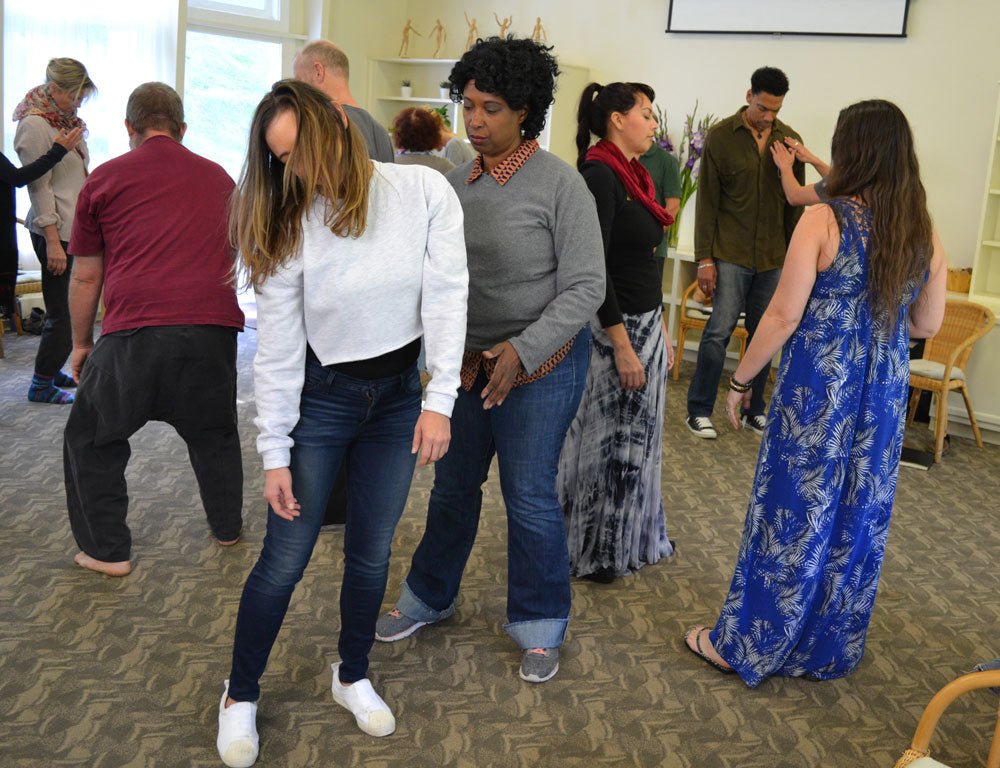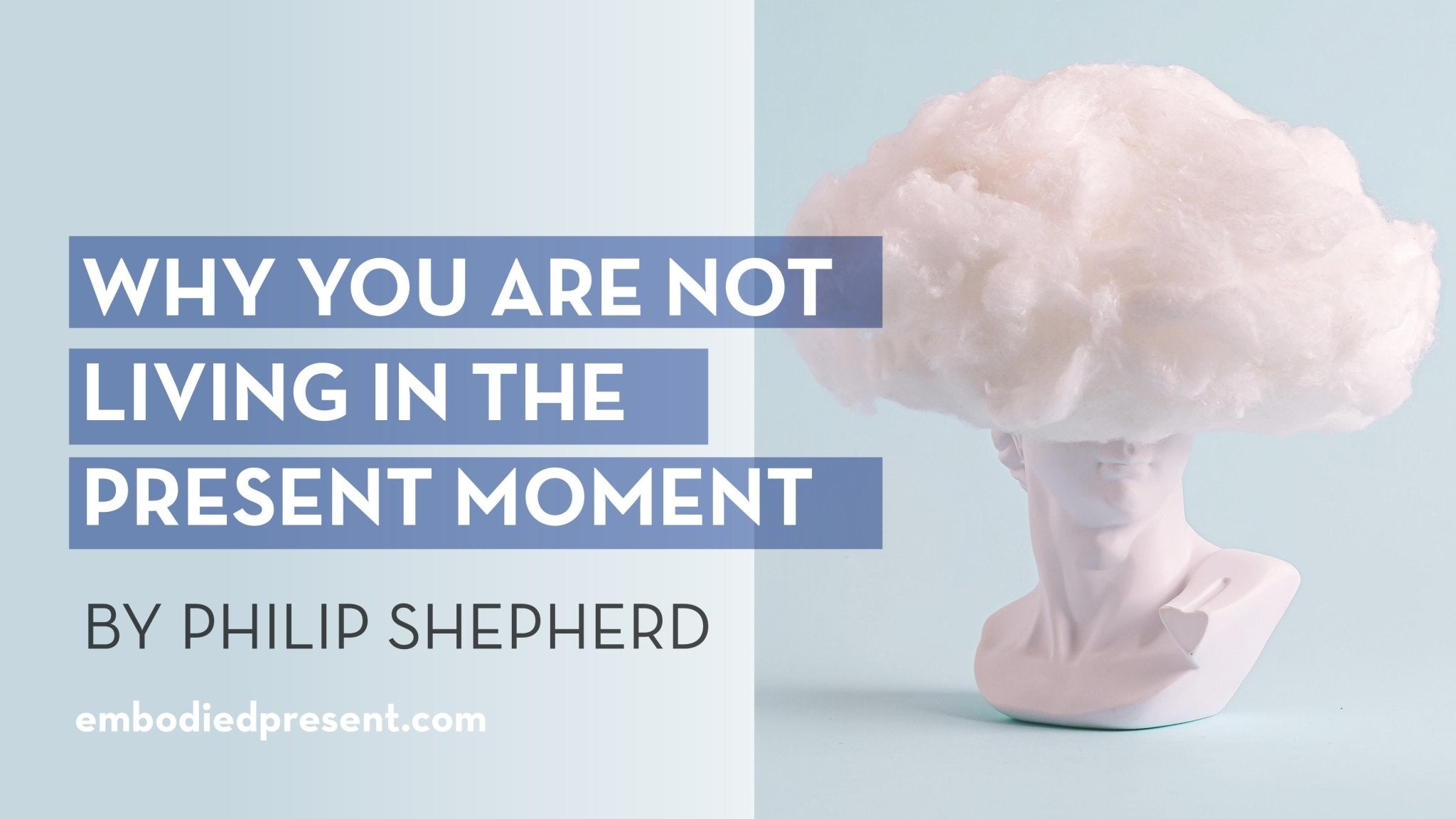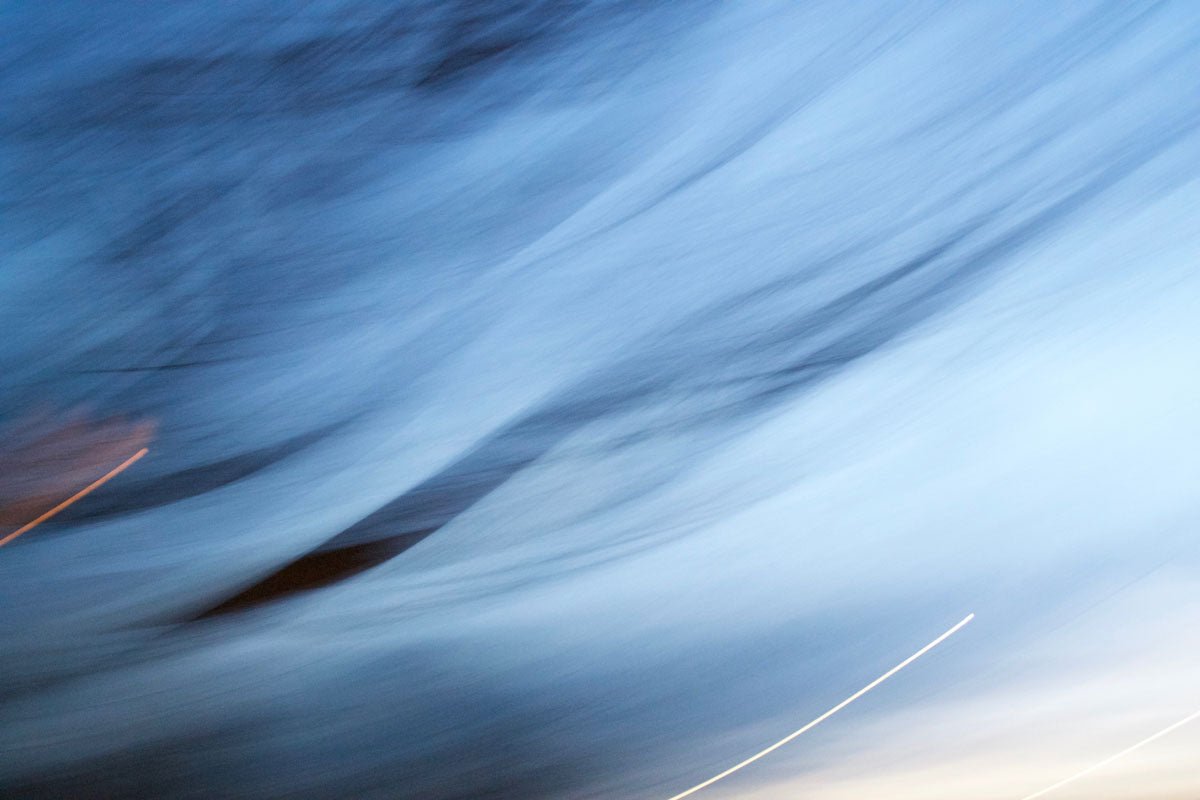 People who haven't taken my workshop are often curious about it, and I am always eager to describe it. But in trying to do so I frequently feel as though someone deprived of their sense of smell had asked me to describe the scent of lavender. Since my teens I have been devoted to liberating myself from the specific prohibitions against thinking and feeling that are germane to my culture. I have never sought to do this by adopting another culture, for every culture comes with its own unique set of prohibitions. Every culture has its blind spots. But I owe a huge debt to other cultures for helping me raise questions about my own. The most difficult thing in the world is to identify an assumption you've taken into your being before you were old enough even to formulate a question about it.
People who haven't taken my workshop are often curious about it, and I am always eager to describe it. But in trying to do so I frequently feel as though someone deprived of their sense of smell had asked me to describe the scent of lavender. Since my teens I have been devoted to liberating myself from the specific prohibitions against thinking and feeling that are germane to my culture. I have never sought to do this by adopting another culture, for every culture comes with its own unique set of prohibitions. Every culture has its blind spots. But I owe a huge debt to other cultures for helping me raise questions about my own. The most difficult thing in the world is to identify an assumption you've taken into your being before you were old enough even to formulate a question about it.
My workshop invites people on a journey that tests such assumptions in the body's neurology by disclosing the patterns they create. The culture in which we live has taught us some very basic lessons - lessons that fortify its story about what it means to be human. For instance, we learn that you can think more efficiently if you cordon off your thinking from the sensations of your being. So while speaking, you might habitually and unknowingly put your breath on hold as you reach for a thought. But doing so will also put your being on hold - for breath is the primary means by which the intelligence of your being is brought into awareness. In the same vein, we harbour prohibitions against allowing the whole of the body to be available to the breath, for how could you control what might be stirred up by the body's activated intelligence? And maintaining control is the imperative of our culture.
We also grow up learning to place the contracted self in the foreground of our attention, which makes us self-conscious (literally, "conscious of the self") - more aware of our personal commentary on our lives than of the life we share with the world in which we are embedded. That too is what being human means in our culture. We learn to live in our heads and treat the body as our personal bio-machine. We likewise learn that the world around us is actually no more than insensate matter obeying the laws of physics. And ultimately we learn how very alone we are, for that is also what being human means in our culture. All those lessons, and many others, live in our neurology, shaping our experience of self and world. But each of those lessons is merely a cultural artefact; and each, too, is at odds with reality.
The Radical Wholeness workshop, then, is not about communicating ideas. It is a form of play that moves through a series of deliberate, gentle practices. These are practices I developed to help expose and soften the limiting patterns in which we are all entangled - for until you encounter such patterns living within you, they will enjoy a sort of diplomatic immunity. Unseen, unnoticed, they will continually override your body's intelligence without ever being called to account. The divided state in which such hidden patterns keep you will constantly frustrate your attempts to feel your own wholeness - even as you wonder why it's so difficult to be present in your life.
The practices of Radical Wholeness are designed to help participants encounter and disarm those patterns, and discover what it means to bring their consciousness to rest within the wholeness of their being rather than having it stuck on top in the head as we are so used to. The workshop experientially addresses the question: "What does it mean to rest in your embodied intelligence, and how do you get there?" The work is not about listening to the body, it's about listening to the world through the body. It is not about 'subduing' the brilliant intelligence in the head, it is about bringing it into a balanced unity with the body's intelligence. It moves beyond the binary, either/or choices our culture encourages between sensual thinking and abstract thinking, and helps us realize how each form of thinking finds its true strength in exchange with its polar opposite. As you deepen into the unified intelligence of your being, you are brought into the intimacy of your relationship with the world around you. You are carried out of the frenzied supervision of our cultural self-consciousness, and into the spacious ease and grace of the Present.
And when that happens for you, the intelligence of your being is experienced and understood not as something held in the container of the self, but as something held by the world in which you rest, and with which you are in continuous exchange. An experience of radical wholeness is simply that: an experience of your wholeness, rooted in the nourishment of the Present.






Leave a comment